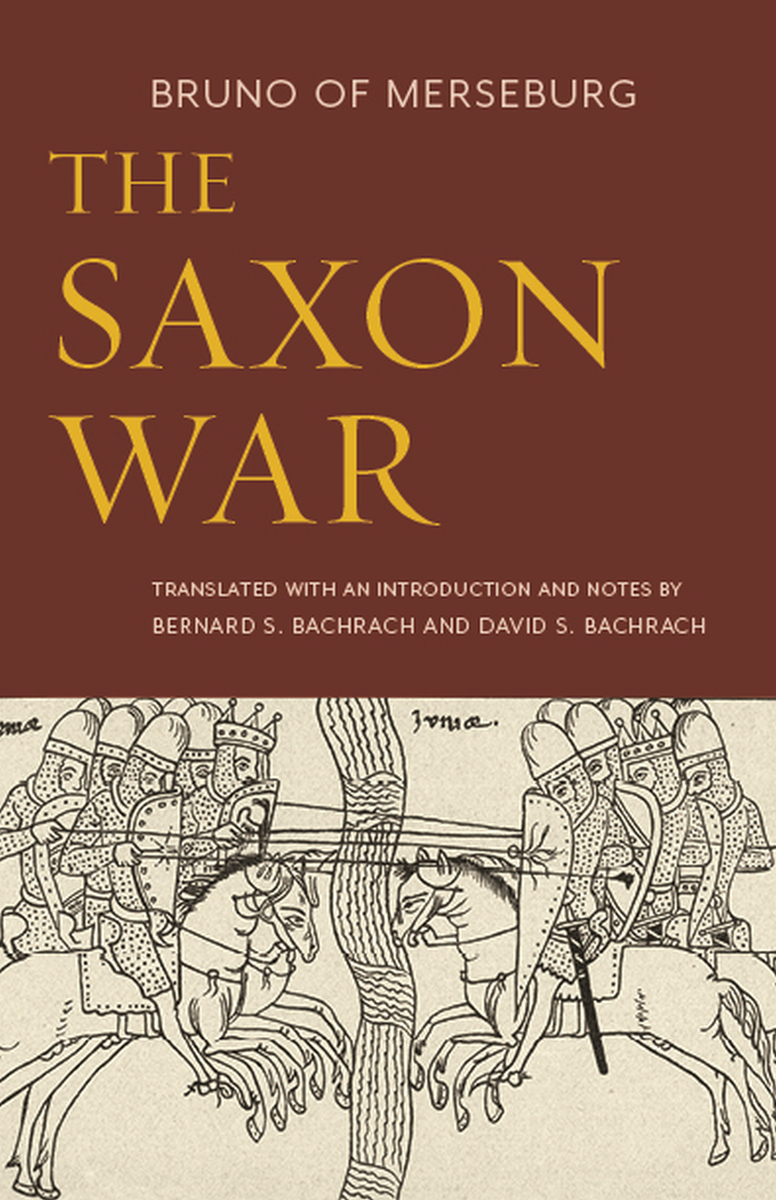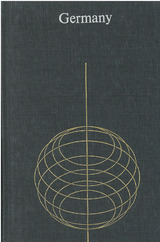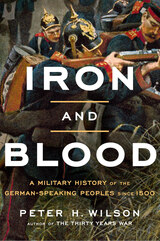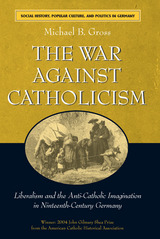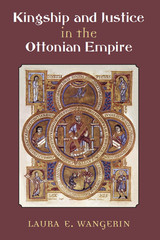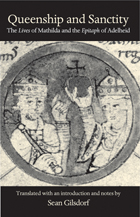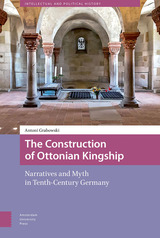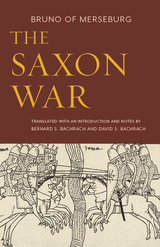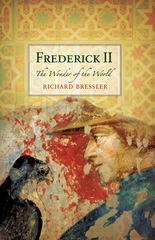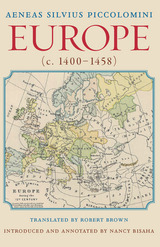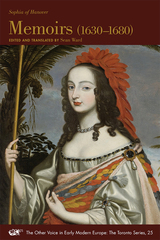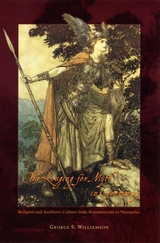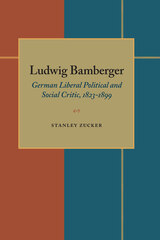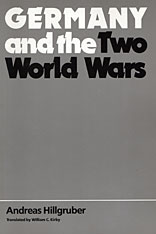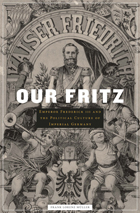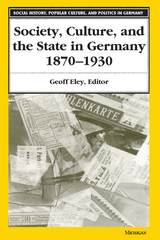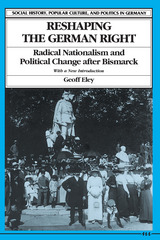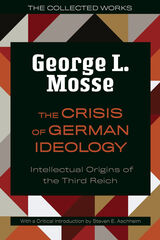The Saxon War
Catholic University of America Press, 2022
eISBN: 978-0-8132-3496-0 | Paper: 978-0-8132-3495-3
Library of Congress Classification DD143
Dewey Decimal Classification 943.023
eISBN: 978-0-8132-3496-0 | Paper: 978-0-8132-3495-3
Library of Congress Classification DD143
Dewey Decimal Classification 943.023
ABOUT THIS BOOK | TOC
ABOUT THIS BOOK
Bruno, a cleric who served the archbishop of Magdeburg and subsequently the bishop of Merseburg during the course of the 1060s to the 1080s, composed one of the most important historical works treating the tumultuous period in the history of the German kingdom in the second half of the eleventh century. Bruno’s main focus in his Saxon War is the civil wars that engulfed the German kingdom from the mid 1060s through the end of the 1080s. However, as a historian of contemporary affairs, Bruno also offers crucial insights regarding the so-called Investiture Controversy, which Bruno treats largely as a political conflict between a tyrannical German ruler and the Saxons with some papal intervention, social conflict within the German kingdom, as well as the development of economic and military institutions.
Unlike his contemporary Lampert of Hersfeld, Bruno was closely connected to the foremost leaders of the Saxon resistance against King Henry IV, and provides unique insights regarding their plans, hopes, and fears. Bruno also provides nearly two dozen full-text copies of letters that were sent by the main participants in the intra-German conflict as well as ten letters from Pope Gregory VII, four of which do not appear in any other source including the papal register.
An additional important feature of Bruno’s history is that he treats military matters in an extraordinarily detailed manner, and is the most important narrative source for understanding the conduct of war during the second half of the eleventh century. Bruno’s detailed treatment of military matters is based upon his very extensive contacts with leading military figures, as well as his own personal observations regarding the numerous battles that punctuated the struggle between the Saxons and their erstwhile ruler.
In sum, Bruno offers both unique perspectives and unique information about a crucial period in both German and European history, which make this text valuable not only for scholars, but also for a broader audience interested in the political, religious, and particularly military history of the eleventh century. This will be the first English translation of this work.
Unlike his contemporary Lampert of Hersfeld, Bruno was closely connected to the foremost leaders of the Saxon resistance against King Henry IV, and provides unique insights regarding their plans, hopes, and fears. Bruno also provides nearly two dozen full-text copies of letters that were sent by the main participants in the intra-German conflict as well as ten letters from Pope Gregory VII, four of which do not appear in any other source including the papal register.
An additional important feature of Bruno’s history is that he treats military matters in an extraordinarily detailed manner, and is the most important narrative source for understanding the conduct of war during the second half of the eleventh century. Bruno’s detailed treatment of military matters is based upon his very extensive contacts with leading military figures, as well as his own personal observations regarding the numerous battles that punctuated the struggle between the Saxons and their erstwhile ruler.
In sum, Bruno offers both unique perspectives and unique information about a crucial period in both German and European history, which make this text valuable not only for scholars, but also for a broader audience interested in the political, religious, and particularly military history of the eleventh century. This will be the first English translation of this work.
See other books on: Bachrach, Bernard S. | Germany | History, Military | Medieval | Saxony (Germany)
See other titles from Catholic University of America Press
